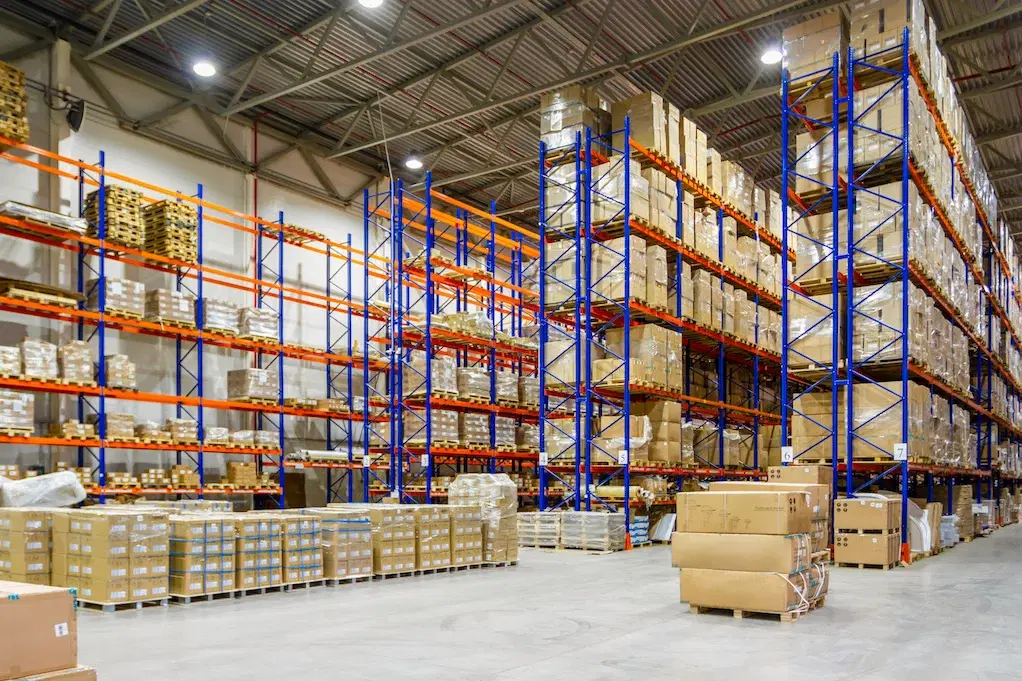The Manufacturers Association of Nigeria (MAN) has revealed that unsold goods in the manufacturing sector reached an alarming N1.4 trillion in 2024, citing inflation and weakened consumer purchasing power as major drivers.
Speaking at the 2025 Media Personality of the Year Award and Presidential Luncheon in Lagos, MAN President Francis Meshioye highlighted the severe challenges facing Nigeria’s manufacturing industry, including rising inflation, a depreciating naira, high interest rates, escalating electricity tariffs, and security concerns.
Meshioye disclosed that inflation hit 34.6% in November 2024, drastically reducing consumer demand for locally manufactured goods.
He said, “Inflation in Nigeria reached an alarming 34.6% by November 2024, diminishing consumers’ purchasing power and causing a decline in demand for manufactured goods.
ALSO READ: Global inflation, high operation cost responsible for telecom tariff hike – FG
“This inflationary burden also led to an accumulation of unsold inventory, which rose to N1.4 trillion across the manufacturing industries.”
He also attributed the accumulation of unsold goods to skyrocketing electricity costs, which increased by over 250%, and the rapid depreciation of the naira, which fell from N666/$ in mid-2023 to over N1700/$ by mid-2024.
“The rising energy costs have become one of the sector’s highest operating expenses,” Meshioye said, adding that many manufacturers were forced to seek alternative energy sources, further straining their finances.
The MAN president also lamented the steep rise in interest rates, which reached 27.7% by November 2024, making borrowing unaffordable for manufacturers.
He noted that the sector’s contribution to GDP declined from 16.04% in Q4 2023 to 12.68% in Q2 2024.
“The combination of high operational costs, reduced consumer demand, and limited access to finance contributed majorly to this decline.
“The rising interest rates, combined with inflation, severely limited the potential for investment in the sector, impeding long-term growth prospects,” he said.
To address these challenges, Meshioye called for policy interventions, including passing tax reform bills, encouraging the consumption of locally made products, reducing inflation, ensuring food security, and improving infrastructure.
He emphasised that a thriving manufacturing sector is essential for Nigeria’s economic growth.
He said, “There is no gainsaying the fact that manufacturing is pivotal to galvanising and sustaining the economic growth and development of Nigeria. We seek the government’s alignment with our conviction that a win for the manufacturing sector is a win for the economy and by extension, a better life for the citizenry.”






